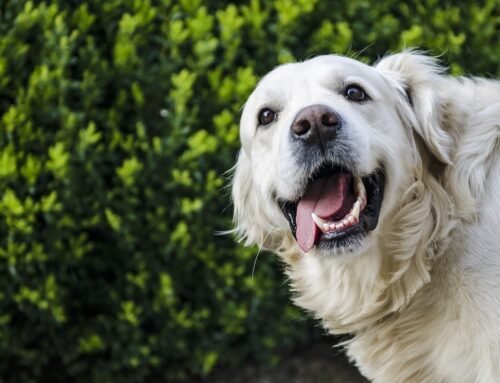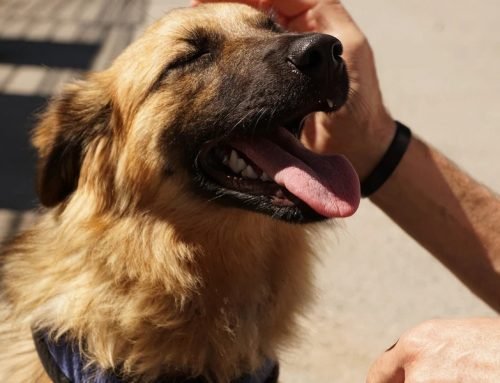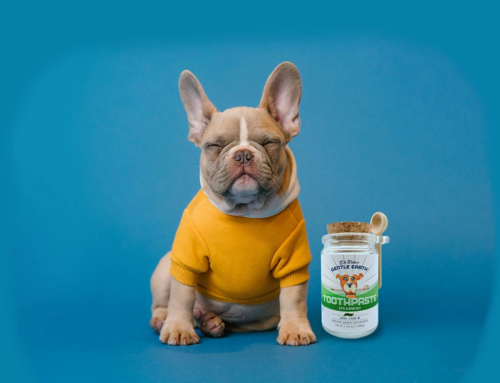The reason we love our pets is because they are so full of pure emotion from moment to moment. Unfortunately, sometimes that means they will feel anxious about doing certain things or allowing you to do things that are good for them such as brushing their teeth. To know how to help your dog calm down when they’re feeling stressed or anxious, it helps to understand the different causes of dog anxiety.
The Different Types of Anxiety for Dogs
Anxiety can have many different root causes and it’s important to remember that dogs are like people in that certain dogs may be more anxiety prone than others simply by nature.
The most common reason your dog may experience anxiety is if they are feeling fear. Common sources of fear for dogs are things such as strangers, loud noises, or unfamiliar objects or environments. An example of this is your dog showing a strong anxiety response to going to the vet or the groomer.
Separation anxiety is another type of anxiety that affects a percentage of dogs. SA is when your dog feels strong anxiety when left alone or is separated from members of the family. It is speculated that certain breeds—particularly those that were bred for companionship such as the Maltese, have a stronger predisposition towards separation anxiety.
How Does Anxiety Affect Your Dog’s Health?
A little anxiety here and there is natural and should be nothing to be alarmed at. However, if your dog is struggling with anxiety that prevents you from performing grooming tasks or things important to their health, it is an issue.
After all, if your dog is giving you an extremely tough time in doing tasks beneficial for them, not only is it frustrating for you, but it is also stressful for your dog. A common example is your dog not letting you brush their teeth; it is a simple thing but dogs can be greatly affected by periodontal disease too. Brushing their teeth is important, which is why we offer all-natural toothpaste that is delicious and enticing for dogs to try!
Here are a few potential symptoms that your dog is experiencing anxiety
- Panting
- Bad/destructive behavior
- Drooling
- Barking excessively
- Aggressive behavior
- Depressive behavior
Tips for Relieving Your Dog’s Anxiety
Being able to soothe your pup’s anxiety before you take them somewhere or do something for their grooming will make both of your lives easier.
A strategy that is commonly used is training your dog to behave in a positive manner as a response to anxiousness. This can be done by removing them from the anxious scenario and having them focus on your commands. Once they calm down, you can reward them with praise or treats. This is easier said than done, and not all dogs will react the same way. Training and conditioning can be difficult and time-consuming.
Desensitization is a very potent strategy for getting your pup to gradually get used to any task they are uncomfortable with. Many people employ desensitization training when it comes to training their dog to allow them to brush their teeth.
Using a Calming Supplement for your Dog’s Anxiety
When it comes to helping your dog relax, our Calm supplement may help your dog feel more relaxed at and at ease before you engage in common anxiety inducing activities such as going to the vet, thunderstorms, or before attempting to brush their teeth before they’ve learned to fully allow it.
Our supplement features the widely studied, naturally occurring compound L-Theanine which promotes relaxation. L-theanine is commonly found in tea leaves, and has been pointed at as a factor in why tea promotes feelings of relaxation.
Just give your dog one chew 20 minutes before the activity as a way to help them stay calm during the first few times. Eventually, they may not even need it. We recommend pairing the treat with playing calming music–we highly recommend any of the many solfeggio frequencies on YouTube for listening.
For more information on our products or if you have questions about your order, contact us today!




